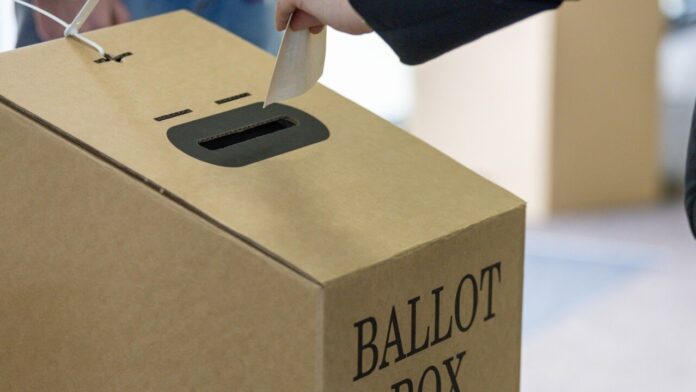A major administrative error leaves approximately 150 liberal candidates off NSW local council ballots, prompting a shake-up in the party’s leadership and widespread criticism
On August 16, 2024, the NSW Liberal Party encountered a severe setback when it failed to submit nominations for around 150 candidates in the upcoming local council elections. This blunder, described by many as a significant administrative failure, has led to at least eight councils across New South Wales going to the polls without a Liberal candidate on the ballot.
The mishap unfolded as the party’s state director, Richard Shields, was dismissed from his role following the scandal. The problem arose when the Liberal Party, which had intended to nominate 440 candidates, only managed to submit 281 by the deadline. The NSW Electoral Commission, adhering strictly to legislative deadlines, was unable to extend the submission period, leaving numerous candidates, including prominent figures like former rugby league player John Dorahy, off the election lists.
Dorahy, who was slated to run for Wollongong’s mayoralty, expressed disbelief at the situation. “It’s mind-boggling,” he remarked, highlighting the lack of explanation or support from the party headquarters. The logistical failure was reportedly due to an overwhelmed team of Liberal staff struggling to process the large volume of nominations in time.
The repercussions of this error are significant. Councils in Sydney’s Northern Beaches, Lane Cove, Camden, and Campbelltown, as well as regional areas such as Cessnock, Wollongong, and the Blue Mountains, will proceed without Liberal representation. This includes several regions traditionally considered strongholds for the party, where voters will now face a ballot devoid of a Liberal option.
In response to the crisis, the Liberal Party’s state president, Don Harwin, announced the termination of Shields’ employment, citing the failure as a breach of fundamental responsibilities. Harwin’s statement emphasized that the decision was made unanimously by the state executive after a late-night emergency meeting. The sacking has left the party in a leadership vacuum just weeks before the statewide elections, where more than four million voters will head to the polls.
The misstep has drawn intense criticism from within the party. Opposition leader Mark Speakman, among others, has labeled the incident a “monumental stuff-up,” though he rejected suggestions that it reflects a broader issue with the party’s direction. Speakman argued that the failure is a matter of administrative competence rather than a sign of the party losing its way. He noted the importance of local councillors in the broader political landscape, as they often serve as a pipeline for state and federal candidates.
Analysis:
Political:
The Liberal Party’s nomination blunder represents a serious political setback, especially given the timing with local council elections approaching. The failure to submit paperwork for around 150 candidates could influence voter perception and weaken the party’s position in traditionally strong areas. The sacking of Richard Shields and the resulting leadership vacuum highlight internal instability within the party. This incident could also affect the party’s performance in the upcoming elections, potentially altering the balance of power in several councils.
Social:
The administrative error affects not just the Liberal Party but also the communities involved. Voters in affected councils will face reduced choices on their ballots, potentially leading to dissatisfaction and disengagement with the electoral process. The situation also underscores the broader issues of party management and the impact of such failures on local governance. The lack of Liberal candidates in key areas might influence local policy directions and the effectiveness of community representation.
Racial:
While the immediate issue is administrative, the absence of candidates in diverse regions might have indirect effects on racial representation. Local councils play a crucial role in addressing community-specific needs, including those of racial minorities. The absence of Liberal candidates in certain areas could affect the representation of these communities if the party has been active in advocating for their interests.
Gender:
The failure to nominate candidates does not directly address gender issues, but it could impact gender representation indirectly. If the Liberal Party had planned to field a diverse slate of candidates, including women, the blunder might reduce opportunities for female candidates to stand for election. This could affect efforts toward gender balance in local governance if alternative candidates are not similarly diverse.
Economic:
Economically, the Liberal Party’s blunder could have ramifications for local governance and development projects. Councils without Liberal candidates may experience shifts in priorities and policy approaches, which could impact economic development initiatives. The disruption in the party’s electoral strategy might also affect funding and support for various local projects, influencing economic outcomes in the affected regions.
